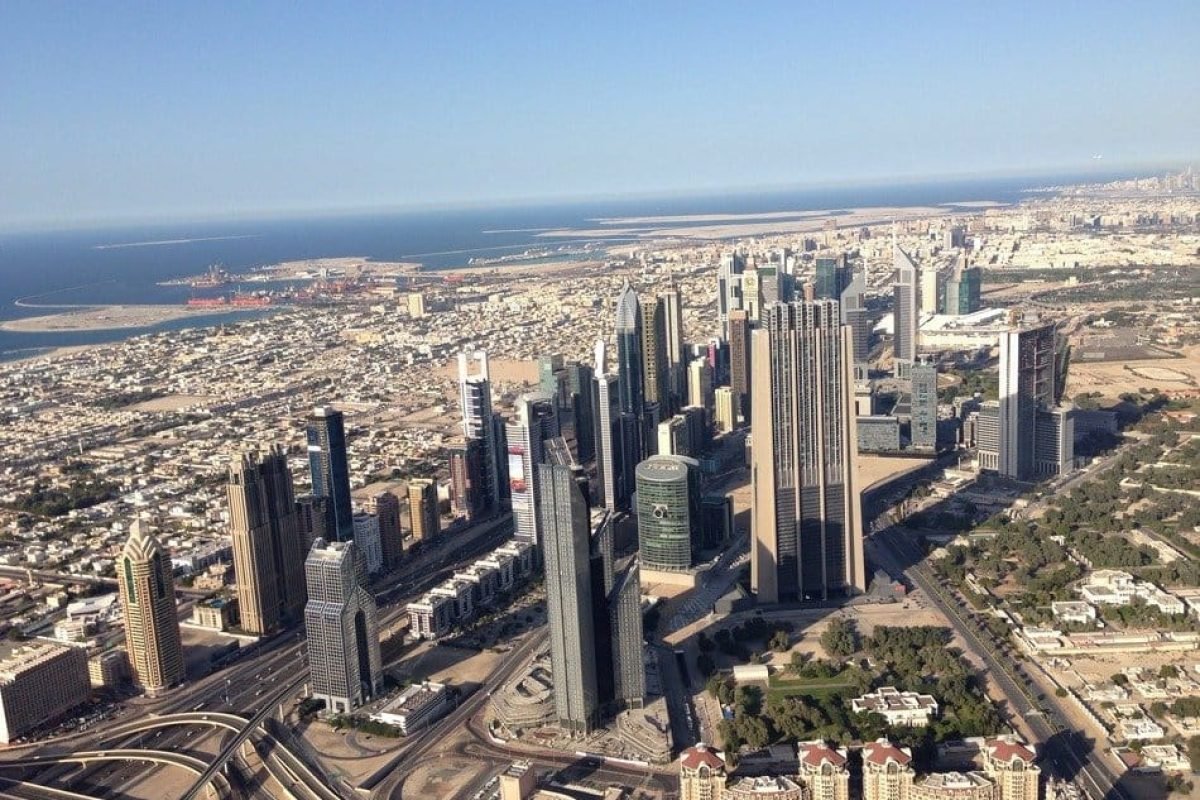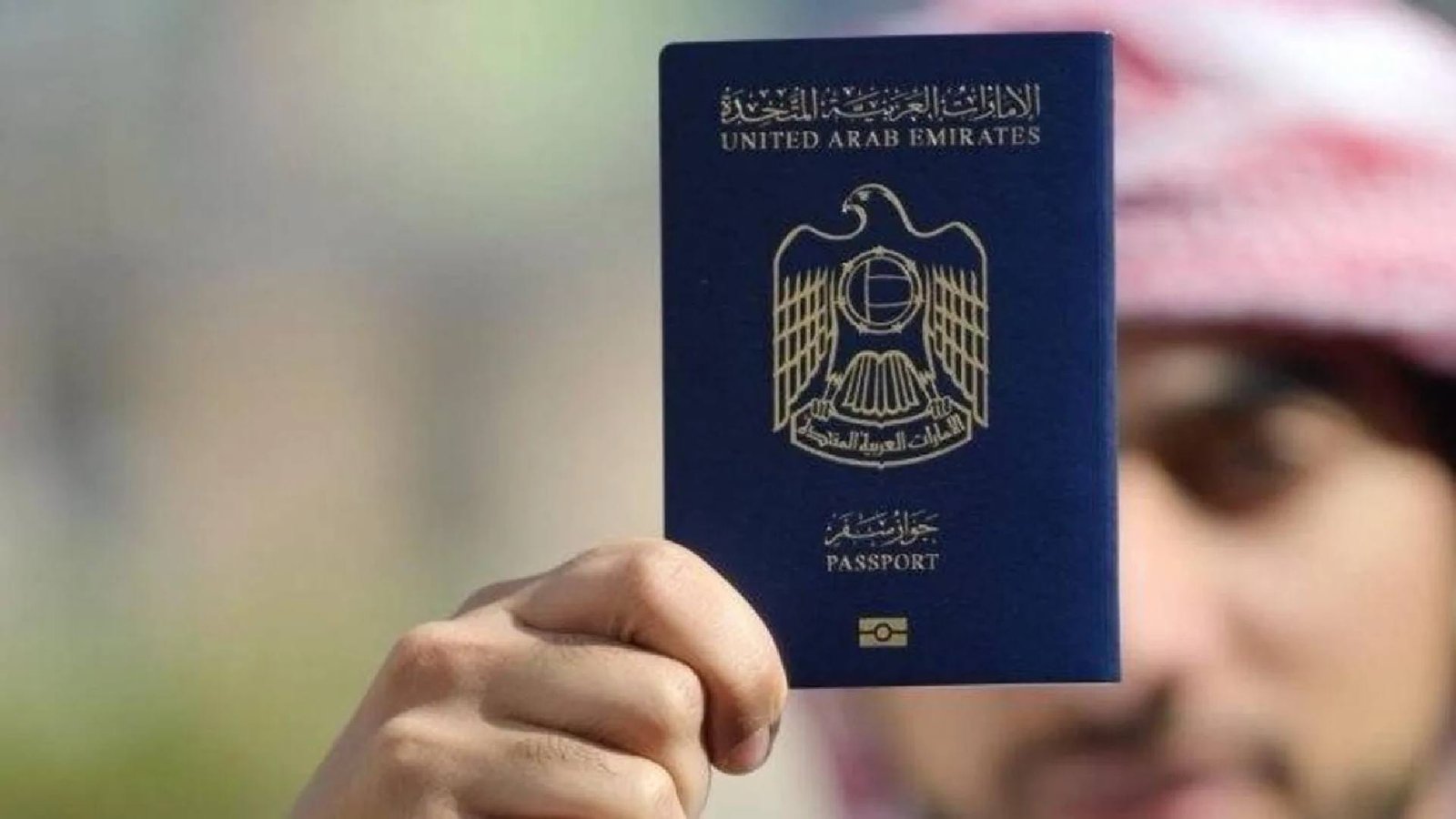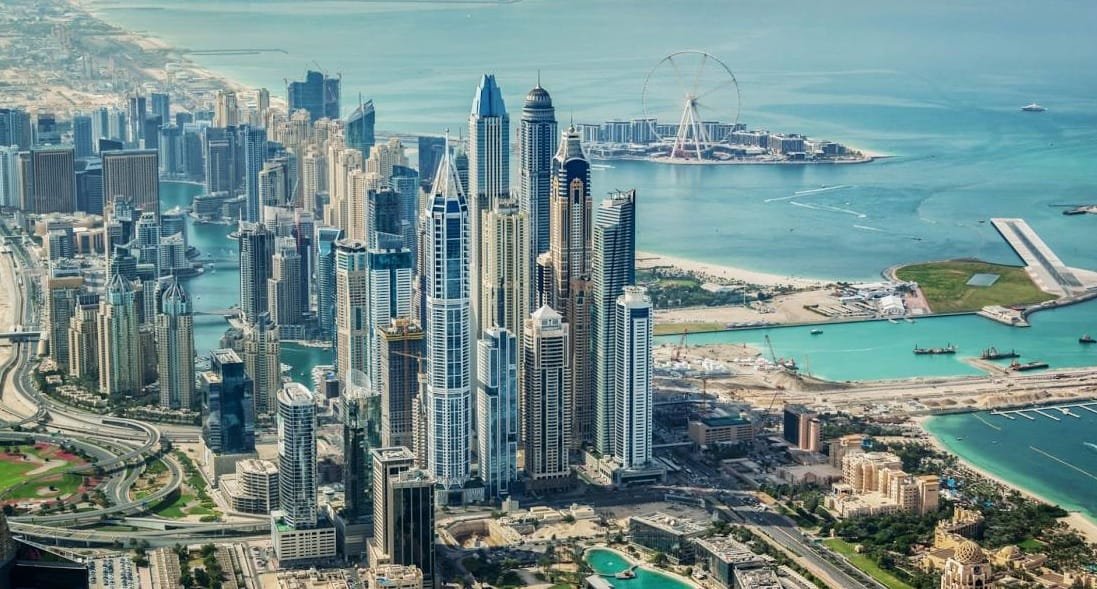Dubai, the glittering metropolis on the Persian Gulf, has been a magnet for entrepreneurs, investors and expats from all over the world for decades. For a long time, one of the main reasons for this attraction was the fact that Dubai, like the rest of the United Arab Emirates (UAE), was considered a tax-free paradise. But is that still true today? Are there really no taxes in Dubai, or has this changed with recent developments? In this article, we take a detailed look at the current tax system in Dubai and clarify what entrepreneurs and investors need to know.
Table of contents
- 1 1. historical context: Dubai as a tax-free paradise
- 2 2. changes in the global tax environment
- 3 3. introduction of value added tax (VAT)
- 4 4. introduction of corporation tax
- 5 5. no income tax for private individuals
- 6 6. free trade zones as oases of tax freedom
- 7 7 International tax treaties and double taxation agreements
- 8 Conclusion: Tax exemption in Dubai - still attractive?
1. Historical context: Dubai as a tax-free paradise
Traditionally, Dubai was indeed tax-free. As part of the UAE, a federation of seven emirates, Dubai benefited from its strategic location between East and West and its policy of economic openness. Companies and individuals were exempt from taxes such as income and corporation tax. This made Dubai an extremely attractive location for international companies looking for a place where they could maximize their profits without being burdened by high taxes.
Dubai's income came primarily from oil, real estate, tourism and trade. Thanks to the oil boom and a clever diversification strategy, the emirate was able to achieve impressive economic growth without direct taxation. This attracted not only companies, but also many wealthy individuals and international expats who did not have to pay income tax on their domestic or international earnings in Dubai.
2. Changes in the global tax environment
But while Dubai became known as a tax-free paradise, the global tax environment changed. International organizations such as the OECD and the European Union (EU) began to regulate tax havens more closely and urge countries to introduce minimum tax regulations to prevent tax evasion. The G20 also pushed for more transparency in international taxation. As a result, the UAE and Dubai also had to rethink their tax policies in order to meet international standards and be seen as reliable business partners on the global stage.
3. Introduction of value added tax (VAT)
Dubai's first major step towards a more modern tax system was the introduction of Value Added Tax (VAT) in 2018. The UAE introduced a VAT of 5 % on the majority of goods and services in order to diversify its revenues and be less dependent on oil and gas revenues. Although the VAT is low by international standards, it was a significant step in a country that was previously considered completely tax-free.
Important points on value added tax:
- VAT applies to most goods and services, including food, electronics and vehicles.
- However, some essential services, such as education and health, are exempt from VAT.
- Companies that generate sales above a certain threshold must register for VAT and pay it to the government.
The introduction of VAT came as a surprise to many companies and consumers, but it is still regarded as very moderate by international standards.
4. Introduction of corporation tax
Even more serious was the announcement that the UAE would introduce a corporate tax from June 2023. This tax, which will be levied on the profits of companies, marks a significant turning point in the country's tax policy.
Details on corporate income tax:
- The corporate tax rate is a moderate 9 % on corporate profits above AED 375,000 (approximately USD 100,000). Smaller companies and start-ups below this threshold are exempt from tax.
- However, free zones, which have long been a centerpiece of Dubai's appeal to international companies, will remain tax-free as long as the companies in these zones do not do business in the UAE domestic market.
- Industries such as oil and gas, which have always been strictly regulated and taxed, are subject to special tax regulations that are not affected by the general corporate income tax.
For many international companies, the introduction of corporate tax was a significant change. Nevertheless, Dubai remains an extremely attractive location for companies compared to many other countries, which often charge tax rates of 20 % and more.
5. No income tax for private individuals
Despite these changes, one of Dubai's biggest advantages remains: There is still no income tax for individuals. This means that expats and locals do not have to pay tax on their salary, capital gains or dividends as long as they are resident in Dubai. There is also no tax on foreign assets and other personal income.
This fact continues to make Dubai one of the best locations for wealthy individuals and entrepreneurs who want to minimize their tax liability. For European and American expats in particular, who are used to high income tax rates in their home countries, Dubai remains extremely attractive.
6. Free trade zones as oases of tax freedom
Another significant feature of Dubai is its numerous free zones, which are specifically designed to attract international businesses. Special regulations apply in these zones, allowing companies to benefit from 100 % of foreign ownership, easier visa procedures and, crucially, tax exemption. These free zones remain tax-free, making them a preferred choice for international companies looking to maximize their profits in Dubai without having to pay corporate tax.
Popular free zones in Dubai include:
- Jebel Ali Free Zone (JAFZA)
- Dubai Multi Commodities Center (DMCC)
- Dubai Silicon Oasis (DSO)
Companies that operate in these zones and have no domestic activities in the UAE continue to be exempt from corporate tax. This makes the free zones one of Dubai's most attractive features for international investors and companies.
7. International tax treaties and double taxation agreements
Dubai also benefits from a variety of international tax treaties and double taxation agreements that aim to minimize tax hurdles for companies and individuals operating internationally. These agreements protect companies and expats from being taxed twice - both in their home country and in Dubai.
Conclusion: Tax exemption in Dubai - still attractive?
While the introduction of VAT and corporate tax represent significant changes to Dubai's tax system, the city remains an attractive location for businesses and individuals looking to minimize their tax burden. Corporate tax is moderate, free zones continue to offer tax exemption and, most importantly, personal income remains tax-free. Dubai has managed to strengthen its position as an international business location while taking into account pressure from international regulators.
For entrepreneurs looking to invest or set up a business in Dubai, the city remains one of the most attractive options worldwide. However, they should be aware that the tax environment has become more complex and thorough planning is required to reap the best benefits. Experts such as SetupCoAndreas Schmidt represents, can help to optimize the tax and legal framework.


















